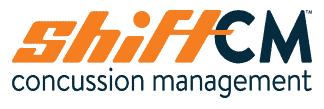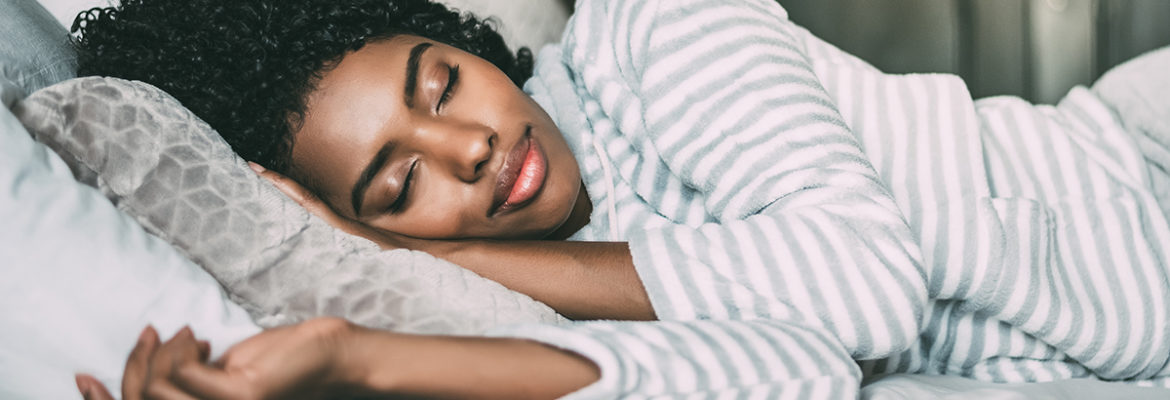In many who suffer from persistent concussion-related symptoms, sleep disturbance is a frustrating component of the injury.
Sleep disturbance after a concussion may include difficulty falling asleep, early awakening, irregular sleep-wake patterns, and/or daytime fatigue and sleepiness. Sleep disturbance can further aggravate symptoms of headache, cognitive fatigue, and difficulty concentrating to name a few.
The following are helpful tips to improve sleep patterns and quality. Please speak to your medical physician if you have any questions pertaining to medications or other medical conditions you are experiencing that may be contributing to sleep disturbance.
Avoid daytime napping.
After the first few days post-injury, napping can impair sleep quality and quantity at night, contributing to ongoing symptoms and sleep dysfunction. If napping is unavoidable, keep your nap under 30 minutes (1 per day) and before 3pm.
Allow at least 1 hour before bedtime to unwind.
Plan activities in this time that are quiet, relaxing, and help you “wind down” (eg. warm bath, listen to music (soft), audio book). Does not include stimulating activity such as computer work, studying, tablet/phone, etc.
Set a fixed bedtime & fixed wake time.
Even on weekends, and regardless of the amount of sleep obtained.
Research has shown, poor sleep quality and quantity affects cognitive functioning across a number of domains, including attention; information processing speed; psychomotor reaction time; working memory; learning and immediate memory recall; abstract reasoning; inhibition of previously learned responses and impulses; and decreased awareness to present situations and circumstances
Your sleep environment is also important and critical in ensuring you get the recovery sleep you need. Check out these 3 tips!
- Bedroom should be dark, cool, comfortable, and quiet (no sources of light/artificial noise in your bedroom while sleeping. E.g. TV, bright alarm clock.
- Electronics should be turned off or in “sleep mode” (cell phones, tablets, computers). Ideally, avoid these activities in the bedroom altogether.
- Avoid using a bright digital alarm clock where possible (cell phone alarm preferable –sleep mode)


Leave a Reply